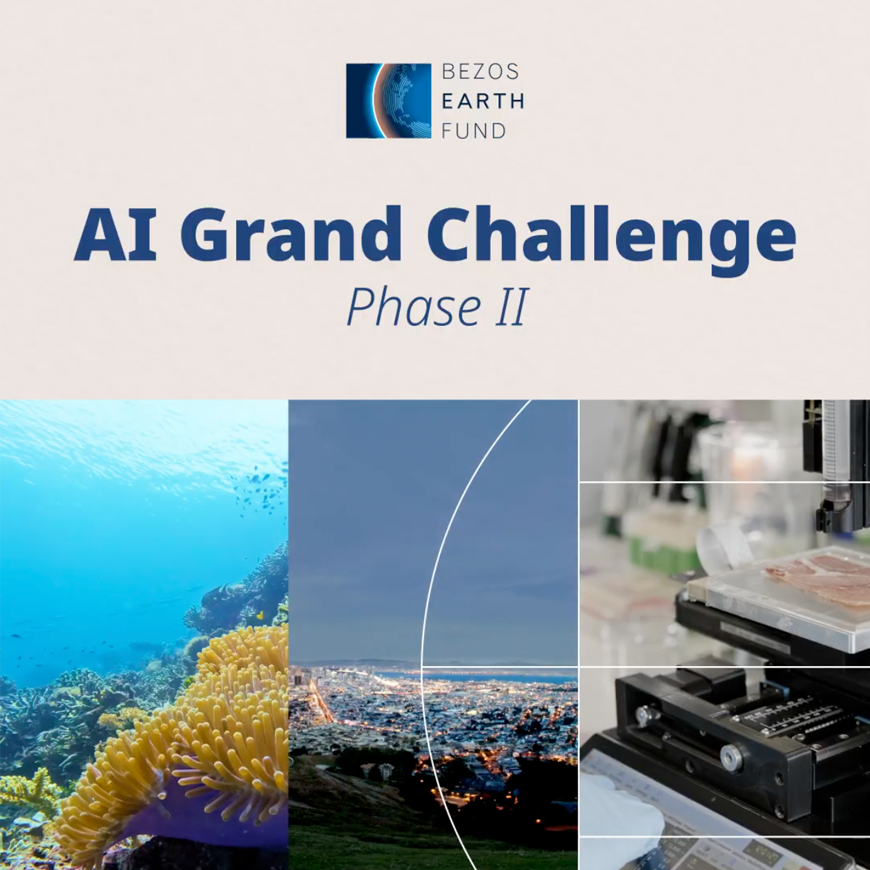Wits receives US$1.8 million from Bezos Earth Fund
- Wits University
The award supports innovative use of artificial intelligence to protect biodiversity and advance climate solutions worldwide.
Wits University has been selected as one of fifteen global teams awarded funding through the Bezos Earth Fund’s AI for Climate and Nature Grand Challenge, receiving US$1.8 million to scale artificial intelligence solutions that address the world’s most pressing environmental challenges — from biodiversity loss and food insecurity to climate change.

The Wits Climate Risk Modelling Project will use cutting-edge machine learning and AI-based weather modelling to enhance medium-range forecasting across Africa, with an initial focus on Ethiopia and the broader Horn of Africa region. The project aims to improve the accuracy and localization of weather predictions to strengthen early warning systems, support climate-resilient agriculture, and empower local communities with actionable climate intelligence.
“This award enables us to push the boundaries of how artificial intelligence and local data can transform weather forecasting in Africa” said project lead, Professor Rendani Mbuvha from the Wits School of Statistics and Actuarial Science. “Through our partnership with the Bezos Earth Fund, we are developing locally grounded, high-resolution weather forecasting models that not only advance scientific frontiers but also deliver real impact for communities and decision-makers across sub-Saharan Africa.”
Launched in 2024, the Bezos Earth Fund’s AI for Climate and Nature Grand Challenge is a $100 million initiative designed to harness the power of artificial intelligence to tackle the dual crises of climate change and biodiversity loss. The program connects innovators with resources and mentorship from leading technology partners including AWS, Google.org, NVIDIA Corporation, Microsoft Research, AI2, and Esri.
“These projects show how AI, when developed responsibly and guided by science and local knowledge, can strengthen environmental action and ensure its overall impact on the planet is positive,” said Dr. Amen Ra Mashariki, Director of AI and Data Strategies at the Bezos Earth Fund.
The project partners with national meteorological and hydrological services and AfriClimate AI, a grassroots research community at the intersection of AI and climate science to co-develop AI-based medium-range forecasting systems tailored to local contexts. By integrating national observational data with global reanalysis and satellite information, the project aims to enhance the accuracy and relevance of forecasts across the region.
Through targeted training and capacity development, the project will equip forecasters, researchers, and data scientists with the expertise to operationalize and scale these models for sustained impact. The improved forecasts will directly support key sectors such as agriculture, energy planning, and disaster risk management, strengthening early warning systems and helping communities make informed, climate-resilient decisions.

